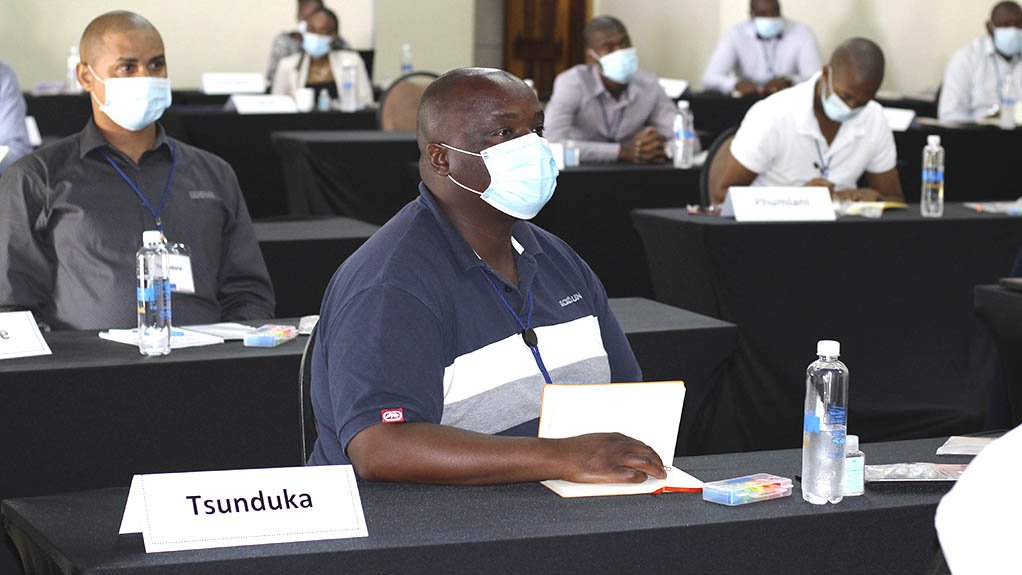

Minerals processing training for sustainable solutions


The Mill Circuit University trains Weir Minerals Africa staff about its products in the circuit
Customers in the mining industry increasingly expect to be able to partner with companies that have insight and understanding of operational contexts and are able to offer sustainable solutions to the minerals processing sector.
In order to meet these expectations, the Weir Minerals Mill Circuit University aims to give its customer-facing staff knowledge of the full circuit, as well as where its various products make specific contributions. By giving its personnel the ‘big picture’ of minerals processing, the university helps to ensure that customers benefit from a broader, solution-focused approach.
“Offering sustainable solutions to the minerals processing sector – rather than just products – needs insight and understanding of the operational context,” says Weir Minerals Africa principal process engineer Teddy Malunga. “This has become a vital aspect of the modern mining industry, as customers look increasingly for technology partners who can offer and support integrated solutions.”
“The Mill Circuit University ensures that we all grasp the full range of minerals processing fundamentals in addition to our particular product specialisations,” he says. “This allows us to understand the client’s processes better, and collaborate more easily across our own process, CIP, engineering, supply chain and projects departments.”
The university holds five-day courses three times a year, for 25 candidates in a course. Internal and external presenters deliver course material related to plant processes and Weir Minerals products. The University of Pretoria participates in the minerals processing component of the course, allowing for continuous professional development points to be awarded. Course attendees also visit the university’s Department of Material Science and Metallurgical Engineering, which provides more practical insights.
“We also see the value in sharing a range of ‘soft skills’ in our courses,” says Malunga. “This includes communication skills, neuro-linguistic programming and relationship building.”
In addition, the course aims to help staff to understand the needs of customers more clearly and focus on key performance indicators like plant availability, throughput and recoveries – factors that help in identifying the appropriate products and in designing solutions that meet the sustainability needs of clients.


